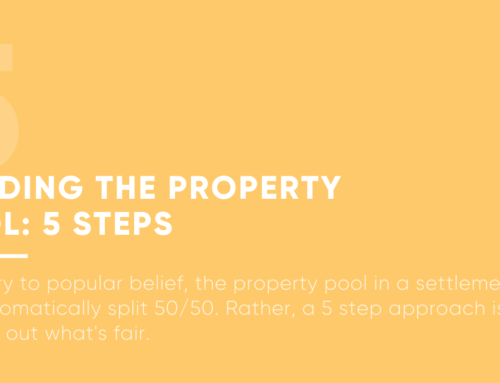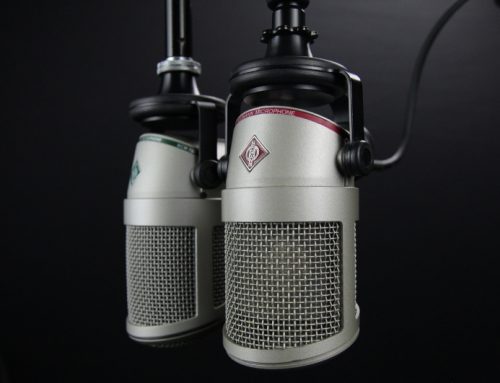It is no mystery that drinking to excess – intoxication – results in behaviour or actions that one would not ordinarily engage in whilst sober. However, when injury arises out of such circumstances, where do we draw the line between culpability and personal accountability?
| Kelly v Trentham Holdings P/L & Ors [2012] QDC 141
Facts On 9 December 2007, Moiread Kelly and her partner Michael Ennis, attended a Christmas function at the Chalk Hotel in Stanley Street, Woolloongabba. Ms Kelly and Mr Ennis consumed a significant amount of alcohol during the function. Ms Kelly admitted that she drank around two bottles of wine during the night. A security guard of the Chalk Hotel ejected Mr Ennis from the premises on the grounds that he was intoxicated and aggressive. Ms Kelly then walked to the rear of the Chalk Hotel to an adjoining carpark of office premises. Wearing high heels several inches high and heavily intoxicated, she walked over bark-covered ground then fell into a gap between the ground surface and stairwell and fractured her right ankle. Ms Kelly filed a claim for damages against both the Chalk Hotel and the occupier of the office premises on the basis that those parties should have erected a barrier or warning sign to prevent persons from sustaining injury from walking into the gap. Obvious Risk? Section 13 of the Civil Liability Act (“CLA”) states: “Meaning of Obvious Risk
Section 15 of the CLA states: “No Proactive Duty to Warn of Obvious Risk
Judge Dorney QC found from that Ms Kelly was an unreliable witness based on her inability to recall the circumstances of the accident as a result of her severe intoxication at that time. Further, Ms Kelly admitted under cross-examination that the bark covered area where she was walking immediately prior to falling into the gap was a “crazy place to go” given that she was wearing high heels at the time which she was aware produced a feeling of “capsizing” whilst walking over soft ground. Judge Dorney QC found that there was an obvious alternative to exit the premises which was either through Hubert Street or Reid Street easily accessible and that it was unnecessary for Ms Kelly to walk in the direction that she travelled. His Honour inferred that the only reason why Ms Kelly traversed the bark covered ground was because she was intoxicated. Unnecessary Barriers Even though the Chalk Hotel had erected a barrier to prevent persons walking into the gap after the accident, pursuant to s.10(c) of the CLA, Judge Dorney QC found that was not evidence of any breach on behalf of the Chalk Hotel or the occupier of the office premises. Judge Dorney QC referred to the High Court decision of Gleeson CJ in Swain v Waverley Municipal Council who stated that the occupier’s duty of care only required a reasonable response to address the risk of injury, not to eliminate any risk. Judge Dorney QC found that it was unnecessary for the Chalk Hotel and or occupier of the office premises to install the barrier around the gap given that the bark-covered area surrounding the gap was readily observable. “Achtung!” His Honour also rejected the Claimant’s allegation that a warning sign should have been erected in the area to prevent patrons from walking into the gap. He found that a warning sign would not have stated anything that a sober person did not already know or likely to draw Ms Kelly’s attention to something that she overlooked or had forgotten. Summary Judge Dorney QC dismissed Ms Kelly’s claim pursuant to ss.13 and 15 of the CLA on the basis that the uneven bark-covered area where she was walking was an “obvious risk” and therefore the Chalk Hotel and occupier of the office premises had no duty to warn her of that risk. Commentary Kelly v Trentham Holdings is a case with a conclusion which is uncontroversial – persons who consume excessive alcohol end up in places that they would not ordinarily be when they are sober. The fact that a risk is not patent or a matter of common knowledge to an intoxicated person, does alter a Defendant’s onus in proving that the risk need only be obvious to a reasonable, ie sober, person in the position of the Plaintiff and therefore no duty to warn or that risk arises. |





